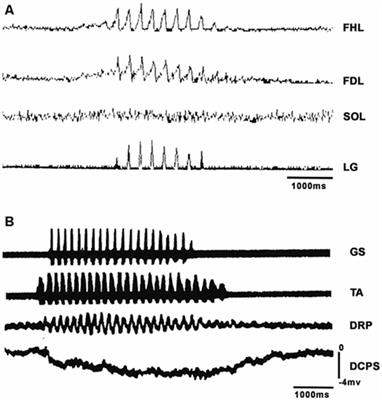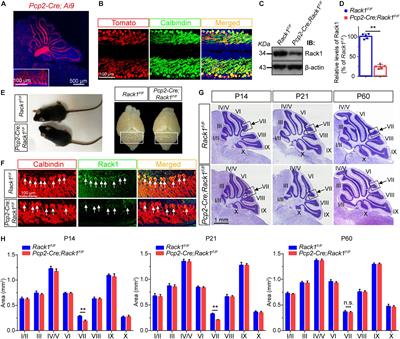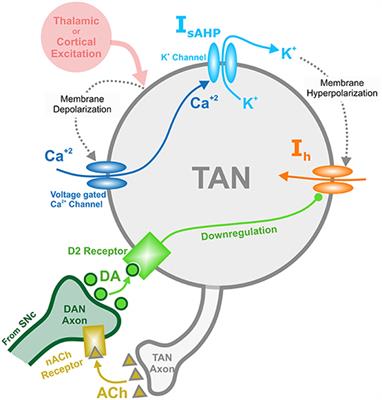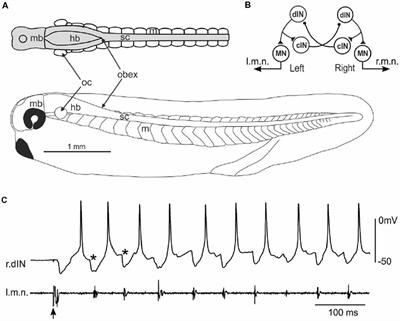ORIGINAL RESEARCH
Published on 27 Feb 2020
Fictive Scratching Patterns in Brain Cortex-Ablated, Midcollicular Decerebrate, and Spinal Cats

doi 10.3389/fncir.2020.00001
- 3,185 views
- 8 citations
37k
Total downloads
188k
Total views and downloads
ORIGINAL RESEARCH
Published on 27 Feb 2020

ORIGINAL RESEARCH
Published on 17 Dec 2019

ORIGINAL RESEARCH
Published on 11 Jun 2019

ORIGINAL RESEARCH
Published on 05 Jun 2019

ORIGINAL RESEARCH
Published on 24 Apr 2019

ORIGINAL RESEARCH
Published on 19 Mar 2019

HYPOTHESIS AND THEORY
Published on 19 Mar 2019

MINI REVIEW
Published on 15 Mar 2019
ORIGINAL RESEARCH
Published on 12 Mar 2019

HYPOTHESIS AND THEORY
Published on 21 Feb 2019

ORIGINAL RESEARCH
Published on 18 Feb 2019

BRIEF RESEARCH REPORT
Published on 12 Feb 2019

